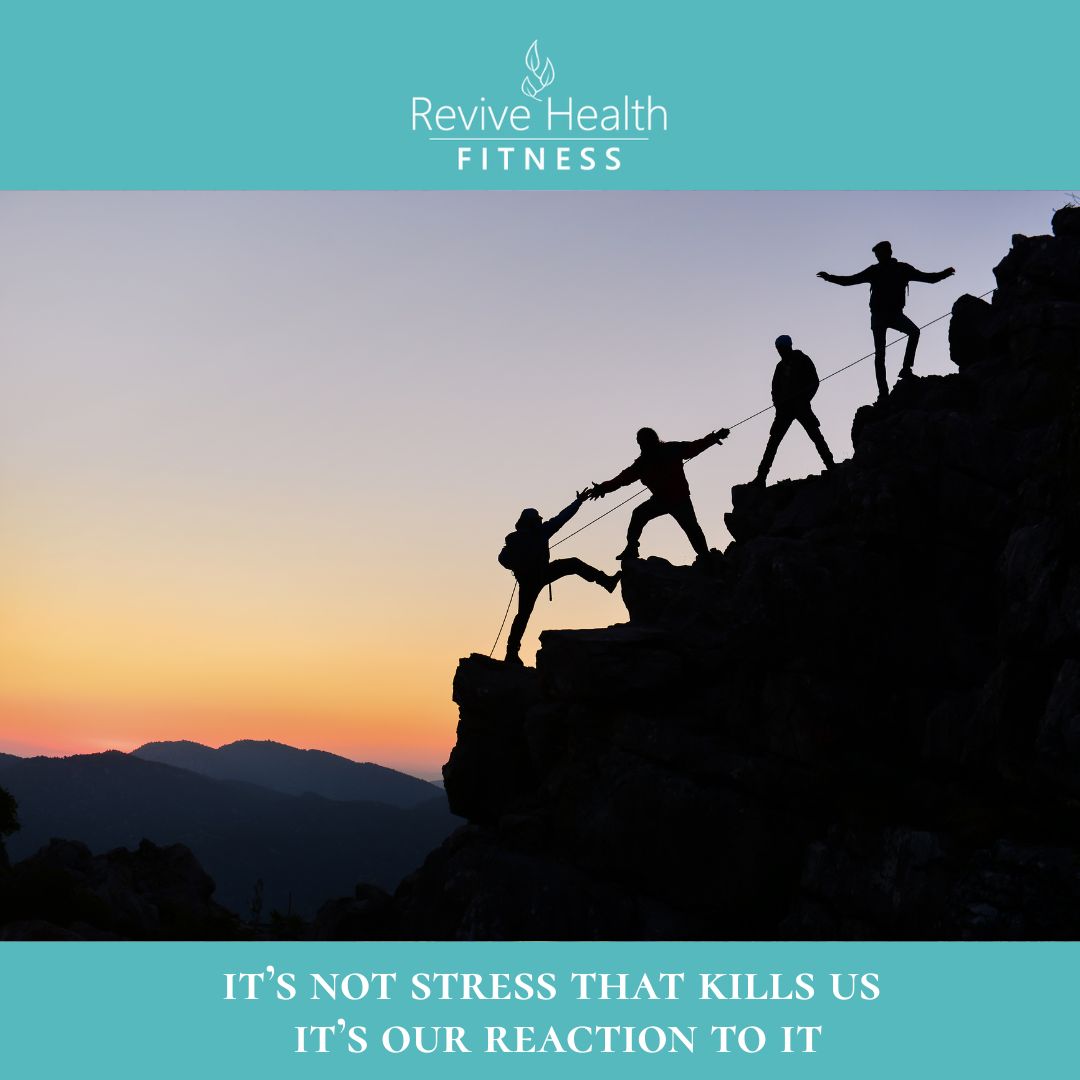Resilience – Thriving Under Pressure
Pressure doesn’t disappear when you move from the sports arena to the boardroom. It just changes shape. Instead of penalty shootouts, there are cash flow crises. Instead of physical opponents, there are deadlines, client demands, and constant change.
When I represented Team GB in inline hockey, resilience wasn’t about being unbreakable. It was about bouncing back quickly after setbacks — a missed pass, a tough loss, or an injury. The players who recovered fastest were the ones still standing when it mattered most. In business, the principle is the same: the leaders and teams who reset quickly keep moving forward.
Resilience in Business and Life
Resilience isn’t a personality trait. It’s a trainable skill, built through habits and environments that encourage recovery. Over 30 years as a fitness professional and wellbeing coach, I’ve seen resilience transform not only workplace performance but also people’s personal lives. Employees who manage stress well are not only better decision-makers at work but also calmer parents, more present partners, and more confident individuals.
HR leaders know that stress is contagious. When managers buckle, the ripple effect spreads through teams. But resilience works the same way in reverse — calm, recovery-focused leadership cascades down, creating stronger, more adaptive cultures.
Tips to build resilience:
1. Stress rehearsal for leaders: Just like athletes prepare for game-day pressure, visualise business challenges before they hit. Anticipating problems reduces shock and sharpens composure.
2. Personal reset for employees: After a stressful day, take a 15-minute walk in nature before heading home. This simple practice “closes the stress cycle” so tension doesn’t spill over into family life.
3. Shared load for everyone: Lone wolves burn out. Teams who talk openly, support each other, and normalise wellbeing conversations bend but don’t break.
The Bigger Picture
In workshops, I often ask: “When was the last time you felt truly recharged?” The silence is telling. Too many professionals live in survival mode, pushing through stress without recovery. Yet resilience grows when people step outside the daily grind, reset their environment, and reconnect with themselves and others.
That’s why retreats and offsite experiences are so powerful. They give teams the time, space, and tools to recharge — so they return not only more resilient professionals but healthier, happier people. And when individuals thrive, businesses thrive.



Leave a Reply